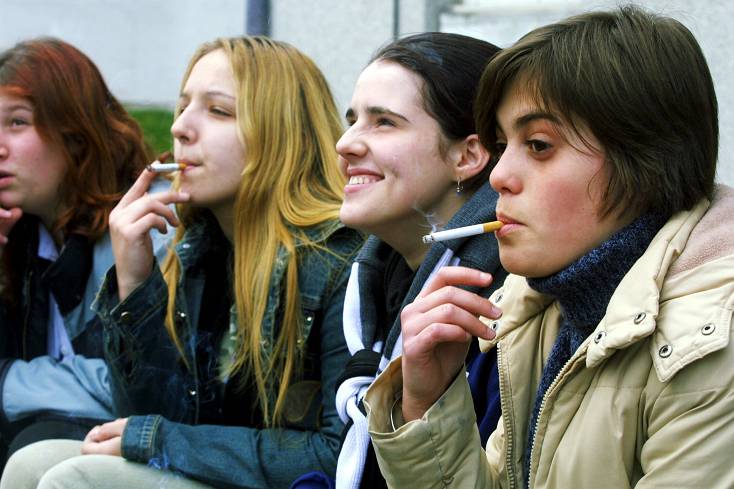The role of peers in delinquent behaviour of adolescents

The aim of this study is to get more insight into the role of peers in the development of problem- and delinquent behaviour in adolescents. Data are derived from the longitudinal NSCR Schoolproject, in which secondary school students were surveyd repeatedly (2002-2004). The questionnaire of this study asked participants to nominate friends from a list of all fellow students from the same grade level (the ones with whom they associate with and the ones with whom they associate the most). This method enabled to relate the development of social networks of secondary school students with the development of delinquent and problem behaviour.
The data makes it possible to measure directly to which extent respondents are friends with delinquent fellow students, which can be compared to traditional measurements in which adolescents are asked about the perceived delinquency of their friends. Further, longitudinal network data can lead to more insight in the existence of influence processes (delinquent friends lead to more delinquent behaviour) and.or selection processes (delinquent adolescents tend to become friends with delinquent others).
In 2009 the dataset is augmented with information about the neighborhoods of a part of the respondents of the schoolproject, which enables to distinguish contextual effects of the neighborhood with contextual effects of the networks and school classes. This project entails collaboration with international investigators in the area of peers and juvenile delinquency.
Deel dit artikel
Actuele berichten

